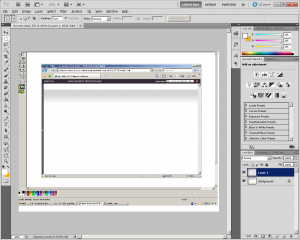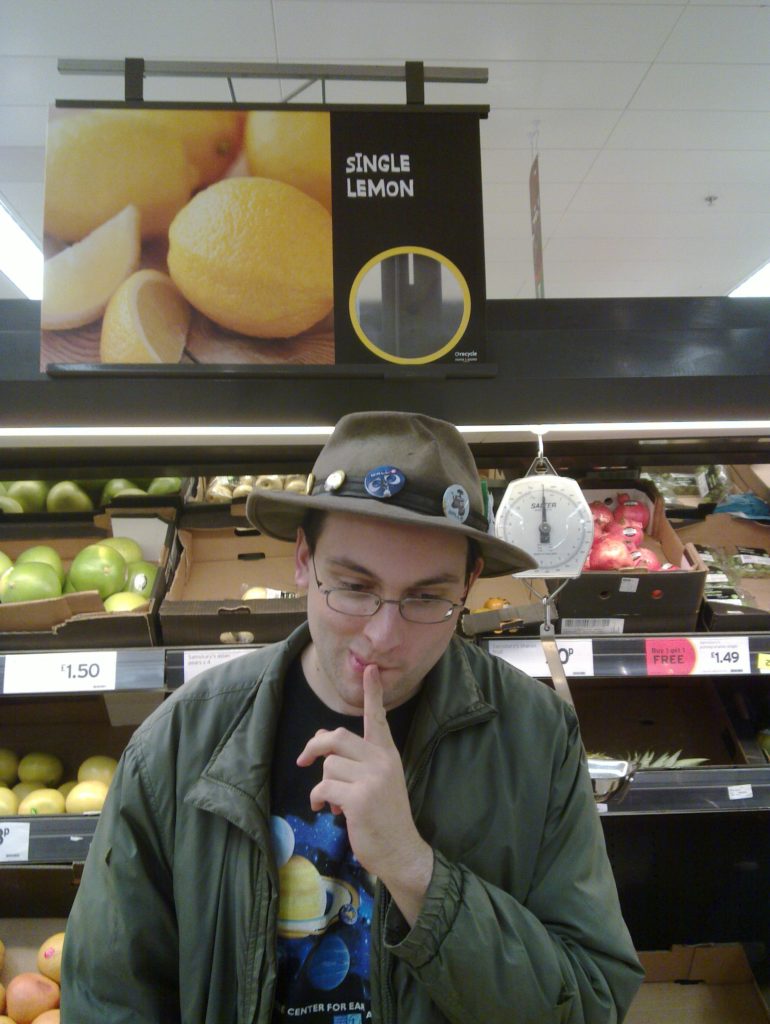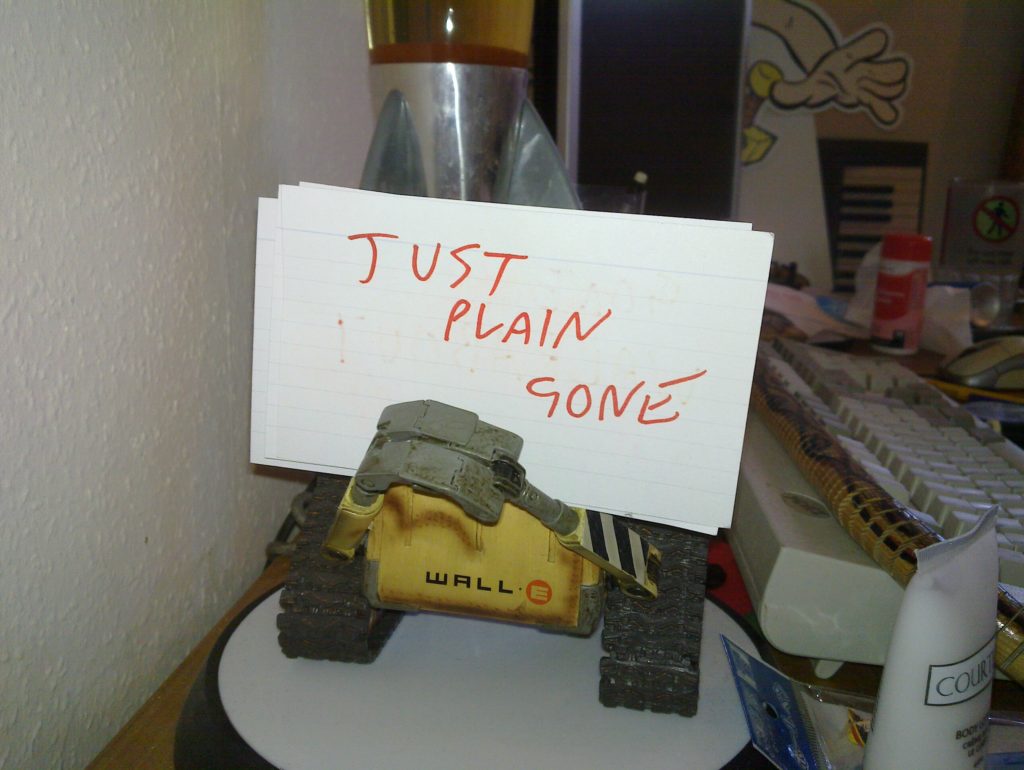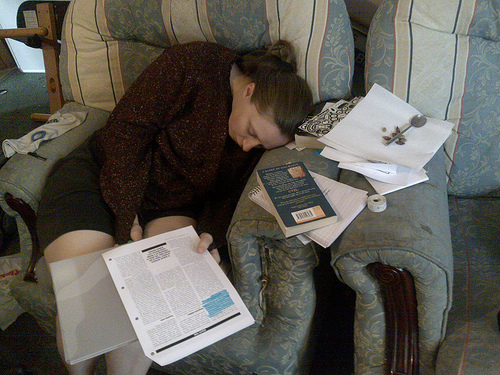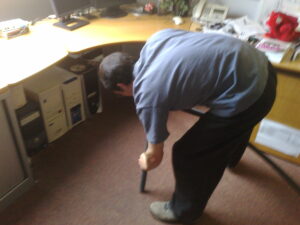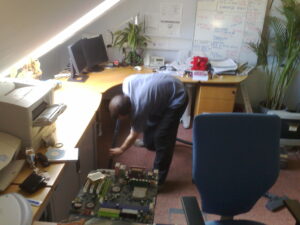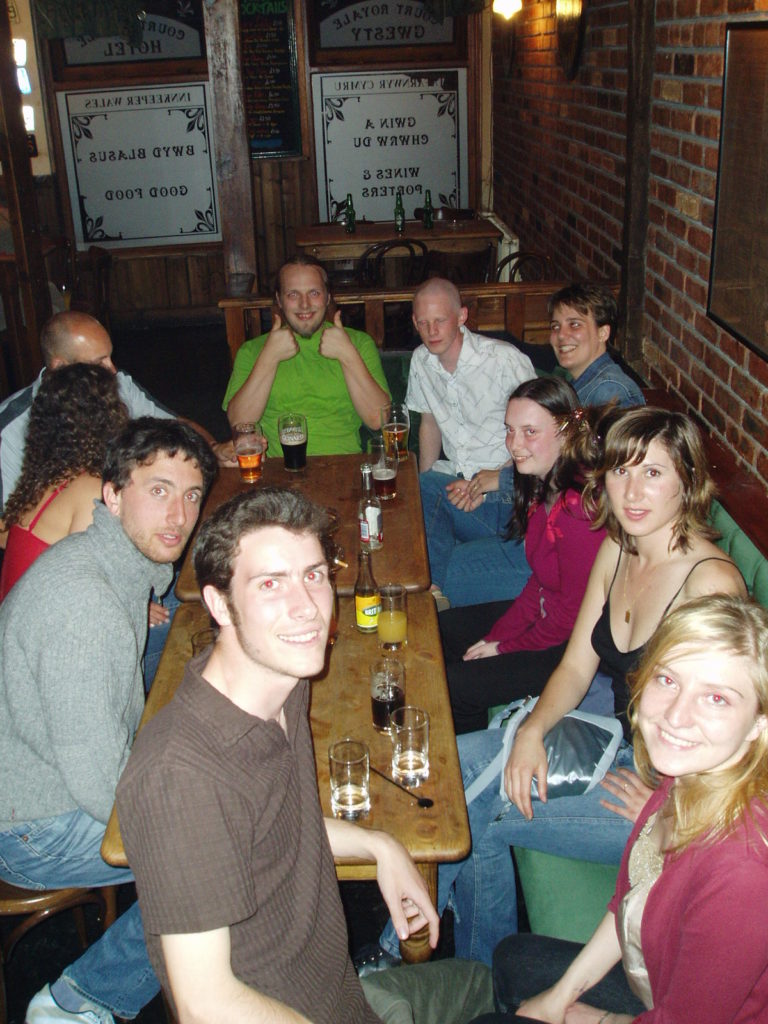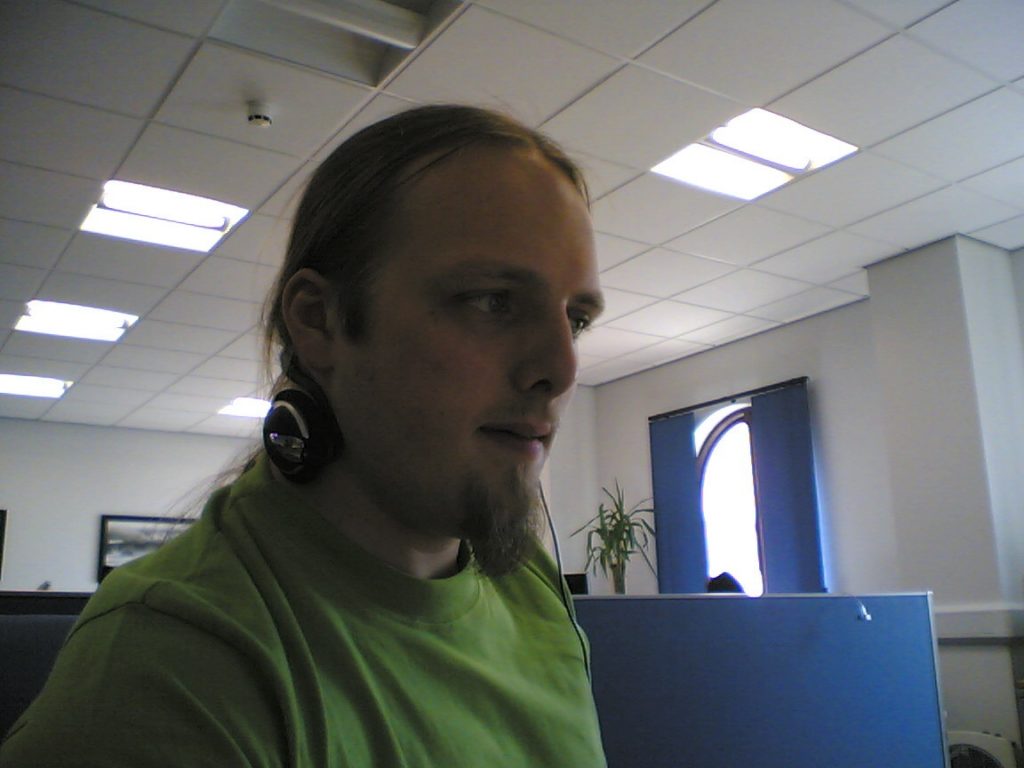“Thanks to these changes,” I said, “The Bodleian Libraries websites CMS can now support the use of Unicode characters. That means that the editors can now write web content in Arabic, Japanese, Russian… or even Ancient Egyptian!”

It sounded like a good soundbite for the internal newsletter, although of course I meant that last suggestion as a joke. While I’m aware of libraries within the Bodleian who’d benefit from being able to provide some of their content in non-Latin characters – and Arabic, Japanese, and Russian were obvious candidate languages – I didn’t actually anticipate that mentioning Ancient Egyptian would attract much attention. Everybody knows that’s meant as a joke, right?

“Is that just Demotic symbols, then? Or can we use all hieroglyphics?” came back the reply. My heart stopped. Somebody actually wanted to use a four thousand plus year old alphabet to write their web pages?
It turns out that there’s only one font in existence that supports the parts of the Unicode font set corresponding to Egyptian hieroglyphics: Aegyptus. So you need to ensure that your readers have that installed or they’ll just see lots of boxes. And you’ll need to be able to type the characters in the first place – if you don’t have an Ancient Egyptian Keyboard (and who does, these days), you’re going to spend a lot of time clicking on characters from a table or memorising five-digit hex-codes.

But yes, it’s doable. With a properly set-up web server, database, CMS, and templates, and sufficient motivation, it’s possible to type in Ancient Egyptian. And now, thanks to me, the Bodleian has all of those things.
Well: except perhaps the motivation. The chap who asked about Ancient Egyptian was, in fact, having a laugh. In the strange academic environment of Oxford University, it’s hard to be certain, sometimes.

I do find myself wondering what scribes of the Old Kingdom would have made of this whole exercise. To a scribe, for example, it will have been clear that to express his meaning he needed to draw a flock of three herons facing left. Millenia later, we treat “three herons facing left” as a distinct separate glyph from “one heron facing left”, perhaps in a similar way to the way that we treat the Æ ligature as being separate from the letters A and E from which it is derived. He couldn’t draw just one heron, because… well, that just wouldn’t make any sense, would it? So this symbol – no: more importantly, it’s meaning – is encoded as U+13163, the 78,180th character in an attempted “univeral alphabet”.

To what purpose? So that we can continue to pass messages around in Ancient Egyptian in a form that will continue to be human and machine-readable for as long as is possible. But why? That’s what I imagine our scribe would say. We’re talking about a dead language here: one whose continued study is only justified by an attempt to understand ancient texts that we keep digging up. And he’d be right.
All existing texts written in Ancient Egyptian aren’t encoded in Unicode. They’re penned on rotting papyrus and carved into decaying sandstone walls. Sure, we could transcribe them, but we’d get exactly the same amount of data by transliterating them or using an encoding format for that specific purpose (which I’m sure must exist), and even more data by photographing them. There’s no need to create more documents in this ancient language: just to preserve the existing ones for at least as long as it takes to translate and interpret them. So why the effort to make an encoding system – and an associated font! – to display them?

Don’t get me wrong: I approve. I think Unicode is awesome, and I think that UTF-16 and UTF-8 are fantastic (if slightly hacky) ways to make use of the breadth of Unicode without doubling or quadrupling the amount of memory consumed by current 8-bit documents. I just don’t know how to justify it. All of those bits, just to store information in a language in which we’re producing no new information.
What I’m saying is: I think it’s wonderful that we can now put Egyptian hieroglyphics on the Bodleian Libraries websites. I just don’t know how I’d explain why it’s cool to a time-traveling Egyptian scribe. Y’know; in case I come across one.
